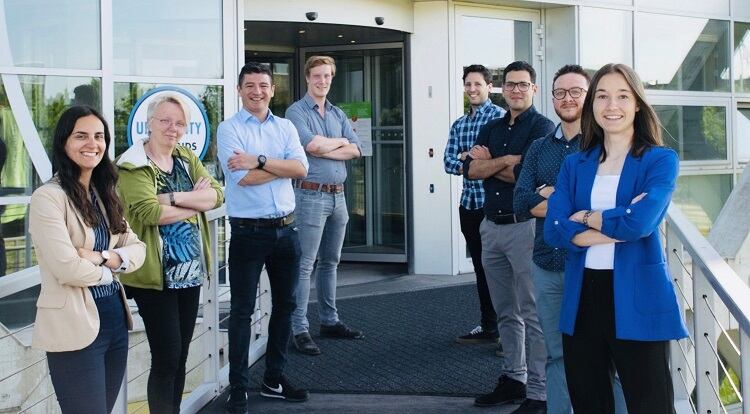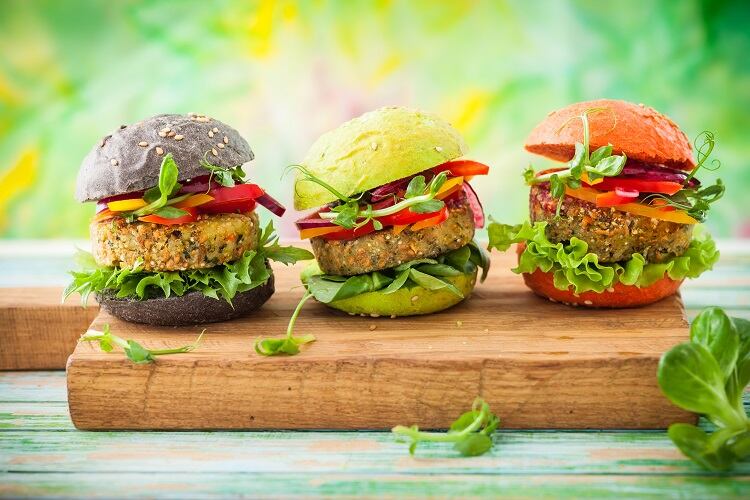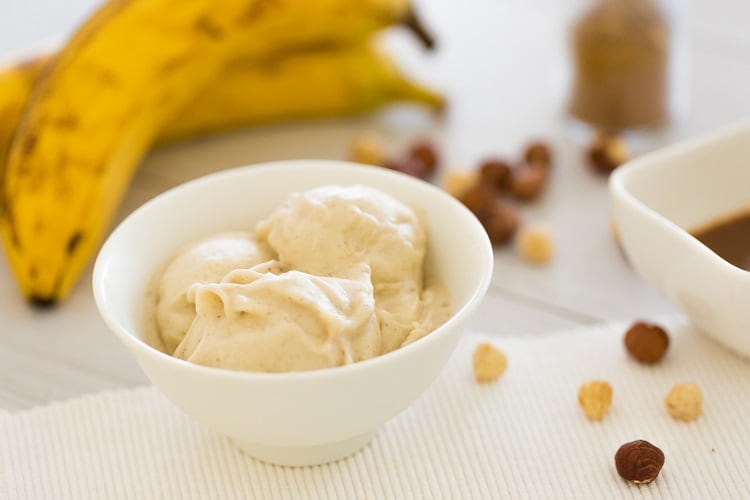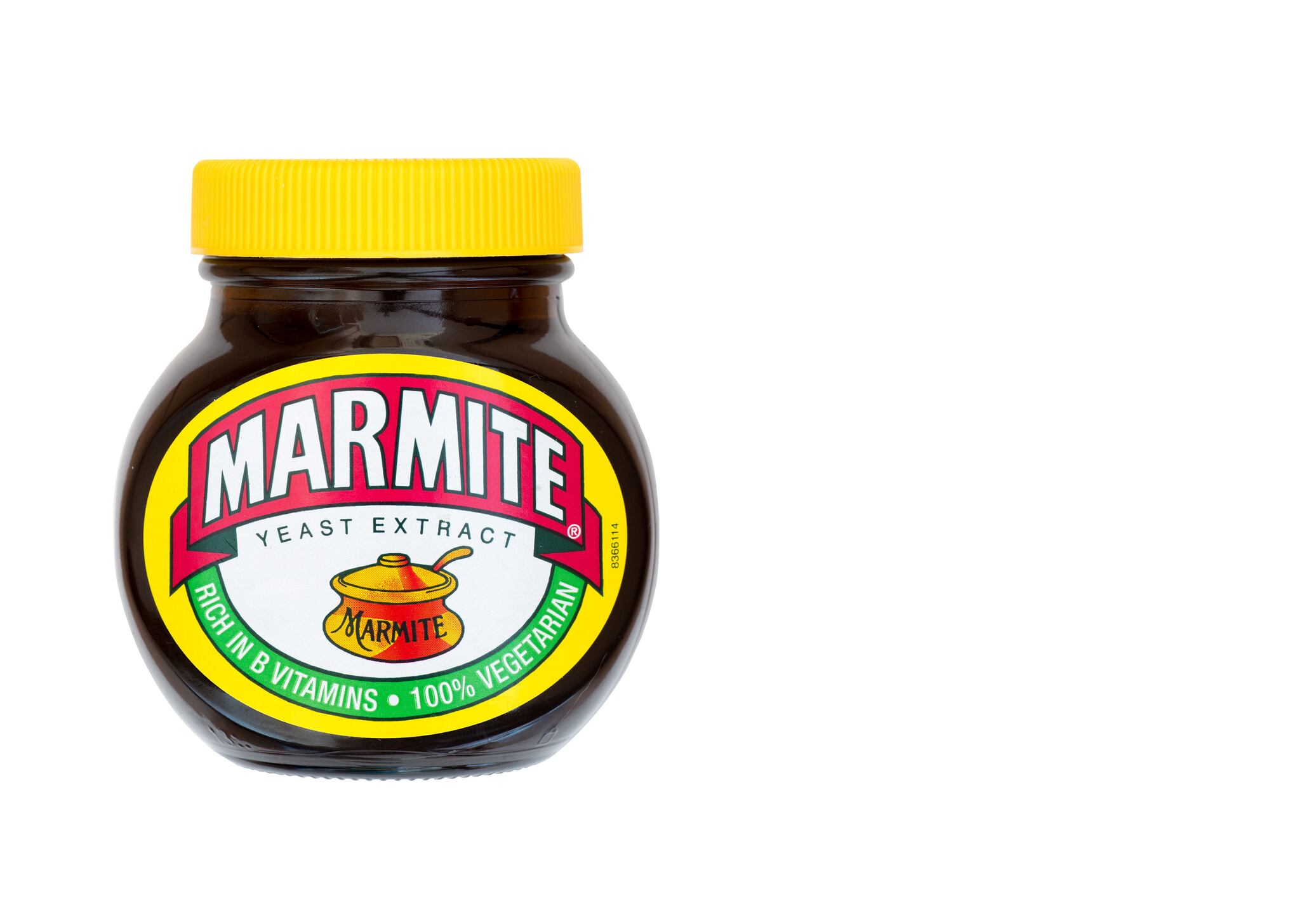Co-founders of Dutch start-up Greencovery, Carlos Cabrera and Juan Cajiao, have long been interested in the fight against food waste.
Back in Central America, their respective families were keen on teaching them to avoid throwing away food. “They would always find creative and inspiring ways to use the leftovers of each meal,” recalled Cajiao.
Having both moved to the Netherlands to complete their tertiary education, Cabrera developed a specialization in recovering compounds from liquid sources. He became increasingly interested in applying a similar approach to food side-streams, to determine whether ingredients could be recovered for use in food formulation.
Together with Cajiao, the duo launched Greencovery in 2018. “I’m now working with Carlos on the common mission to recover the most valuable ingredients from the biggest food side-streams in a way that is beneficial for the environment and businesses,” Cajiajo told FoodNavigator.
The food waste fight
According to the United Nations, roughly one-third of food products for human consumption is never eaten. This equates to around 1.4bn tonnes of lost or wasted fit-to-eat food.
In fact, if food waste were a country, it would be the third-highest greenhouse gas emitter behind China and the US.
At the same time, the agri-food industry is under pressure to produce more food, with fewer resources. Innovators across the sector are searching for new ways to feed growing numbers – the global population is expected to rise to 9.8bn by 2050 – without expanding farmland.
Food chain by-products present an opportunity for industry to do just that, as Cajiajo explained. “The fact that we use food side-streams to deliver high quality ingredients with out technology helps us deliver an attractive economical proposition that reduces CO₂ and water consumption.”

Upcycling liquid waste streams
Greencovery claims its ‘brand new’ technology helps food manufacturers recover valuable products from their side-streams in a more effective way than any of the other technologies in the market.
“There are many liquid waste streams in the food industry full of valuable compounds,” Cajiajo told this publication. Examples include side-streams from juice processing, alcohol, oil, and milk.
The problem, however, is that recovering these compounds from their liquid source is a lengthy and expensive exercise. For food manufacturers, it often makes better financial sense to label these compounds as ‘waste’ – and to dispose of them as such.
According to Greencovery, its technology makes it both more affordable and faster to recover these compounds while they are still food graded.
The start-up’s two-step technology first allows for target compounds to be recovered in a resin, and second, for the compounds to be ‘liberated’ using Greencovery’s proprietary organic formula.
Banana flavour from vinegar production
Greencovery currently has four ingredients in its portfolio – the most advanced of which is a banana flavour (natural isoamyl acetate). The start-up recovers this flavour from the side-stream of vinegar production, and revealed it is ready for its customer to start the first commercialisation batches.
“The flavour will be used in drinks without affecting any other characteristic, such as colour or texture,” Cajiajo explained. “On top of that, due to reduced transportation and water consumption, we are able to reduce CO₂ emissions by 40%.”
In this particular instance, the co-founder revealed that its customers' suppliers had either long lead times, inconsistent quality, or a higher price for the ingredient. “Due to the fact that we applied circular economy principles to a nearby side-stream with our proven technology, we are now able to deliver short lead times and high quality at a better price.”

At the same time, Greencovery has kickstarted the development of a new organic and vegan ingredient for the plant-based meat industry, designed to improve the texture of these products. “We would love to hear from companies developing plant-based meat [to better understand] their ingredients needs,” we were told.
The other two ingredients in the portfolio are variations of lactic acid, which the company’s customers plan to reuse in their processes.
Next steps
The primary challenge for Greencovery is financing the ingredients in the early development stage, when time is necessary to ensure both technological feasibility and ‘financial attractiveness’, the co-founder revealed. “Fortunately, there are multiple financing options. However, being chosen by the option that shares our ambitions, approach, and values, takes a significant effort.”
Moving forward, the start-up plans to scale up while keeping ‘focused’ and ‘staying balanced’. “The focus is on finding and developing an ingredient that helps us bridge an attractive ingredient market segment with a sufficiently available side-stream,” we were told.
“The balance is achieved by developing a stimulating context to operate for our team, customers, partners, sponsors, investors, and start-up peer community.”
Greencovery’s customer based is currently located in the Netherlands, but as the business scales, it plans to look further afield.
“Our corporate clients are all from the food industry and based in the Netherlands. The ingredient we are researching will boost the plant-based meat industry and we will be open to discussions with customers anywhere.”





